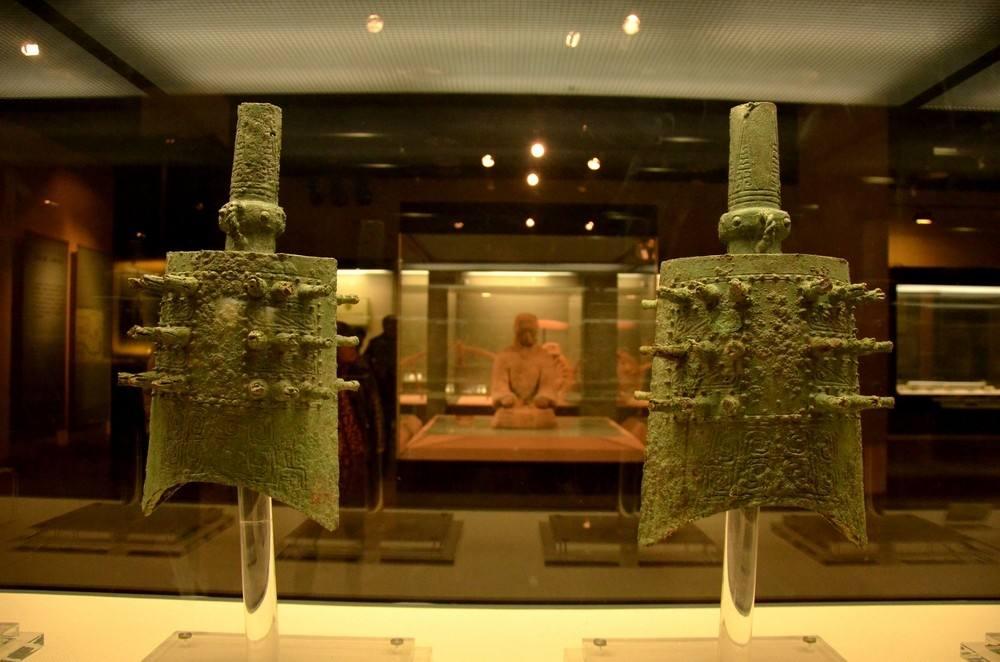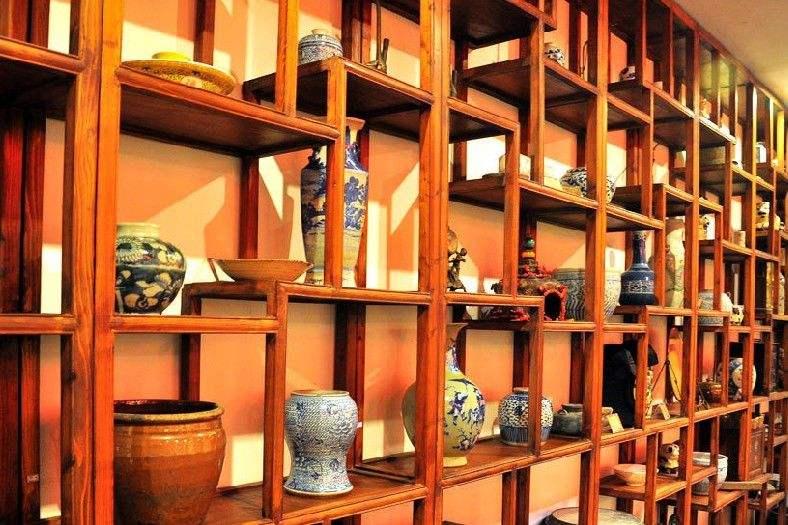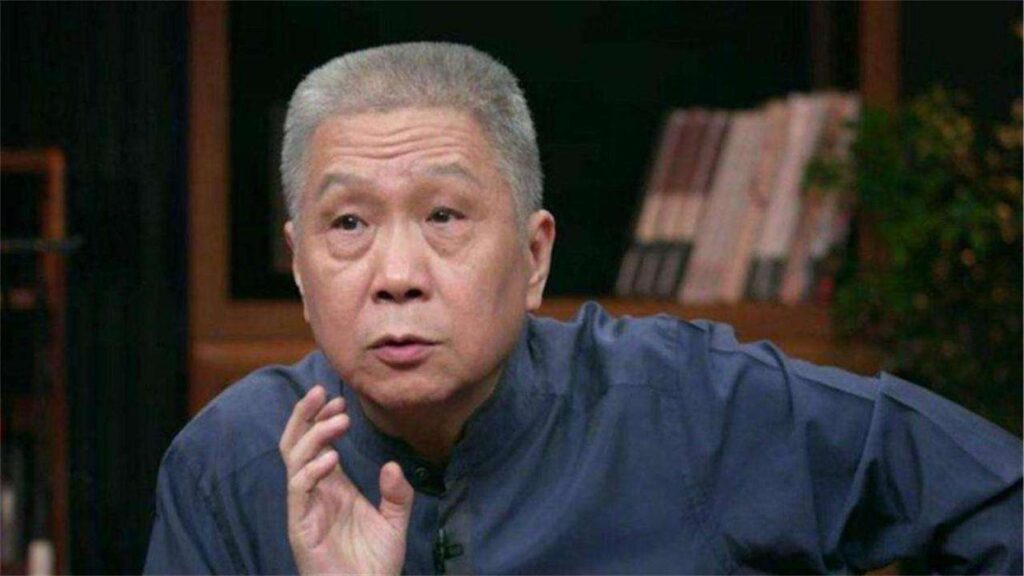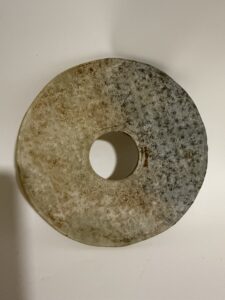
Why Are Antiquities Becoming More Expensive? The Answer in Two Words
文物為什麼越來越貴?原因很簡單,2個字足以概括!
why antiquities appreciate?
When people think of cultural relics, the first things that likely come to mind are their value and price. While no one questions their historical and cultural significance—representing the fusion of history and culture with human sentiment—their market prices often raise eyebrows. Many wonder: “You can’t eat or drink antiquities, so why do they command such high prices?” Numerous explanations exist, but only one authority provides a truly compelling answer: the renowned collector Ma Weidu.
提到文物,大家最先想到的恐怕就是它們身上的價值和價格了。文物的價值自不必多提,它們是歷史和文化的雙重結合,是一種人文情懷。但很多人會因文物高昂的價格發出疑問:文物不能吃不能喝的,憑什麼賣這麼貴?對於這個問題,只有著名收藏家馬未都給出的答案最具說服力。
As an exceptionally prominent collector, Ma possesses not only profound knowledge of cultural relics but also deep understanding of the market. In his view, while the reasons behind antiquities’ high value are complex, they can be summarized in two simple characters.
馬未都是極其著名的收藏家,他不僅對文物有著很透徹的研究,對於文物的市場也了解得很深刻。在他看來,文物之所以這麼值錢,背後的原因很複雜,但如果非要總結的話,其實用兩個字就能概括。
The Surface Factors: Economic Growth and Historical Value
表面因素:經濟發展與歷史價值
The collecting market has heated up significantly in recent years, with many antiques appreciating substantially. This trend aligns with China’s rapid economic development—as people accumulate disposable income, they seek investment opportunities, creating upward pressure on antique prices.
眾所周知,收藏市場在近些年很火熱,許多古董的價值都水漲船高。這是因為近些年我國的經濟發展日新月異,大家都有了多餘的錢投資,這就為文物價格上漲提供了空間。
Of course, historical value also plays a crucial role. As Ma Weidu famously stated: “If one day we become a world power again, what we rely on must be culture, not anything else.” This underscores culture’s fundamental importance to civilizational identity.
當然,文物背後的歷史價值也是很重要的。馬未都曾說過:「如果有一天我們重新成為世界強國,依賴的一定是文化而不是其他。」這句話也足以說明文化對整個世界來說都是很重要的東西。
The Core Reason: Legacy Building
核心原因:留名青史
However, historical value represents a long-term consideration, while most people maintain relatively “short-sighted” perspectives. Few spend vast sums purely to appreciate historical significance. Thus, historical value merely represents the surface phenomenon. The true reason antiquities keep appreciating boils down to two characters: “留名” (leaving a legacy).
當然,文物的歷史價值是長期的東西,大多數人還是比較「短視」的。所以歷史價值只是文物貴的表面現象,真正決定文物越來越貴的原因其實很簡單,只有2個字,那就是「留名」。
When visiting museums, you’ve likely noticed plaques stating: “This artifact generously donated by renowned collector [Name]. We express deep gratitude for their selfless contribution.” This recognition represents what many wealthy individuals ultimately seek.
大家去逛博物館的時候,在某些文物下面應該都能看到一行字:「本文物承著名收藏家某某慷慨捐赠,對他們的無私奉獻,謹致深深的謝意。」這就是很多富豪的追求。
Wealthy individuals possess abundant resources and have experienced all material comforts世俗. While the common lament is “not having enough money,” for the wealthy, the greater tragedy is “the person is gone, but the money remains.” Thus, they gladly exchange money for recognition—especially through cultural relic donations that secure their names for posterity.
富豪們的錢很多,世俗的物質早已享受過了。世上最大的悲哀是「錢不夠花」,但對於富豪們來說,最大的悲哀是「人沒了,錢還在」。所以如果能用錢來換名氣,他們還是很樂意的,更何況是能夠千古留名的文物捐贈。

The Global Pattern of Legacy Seeking
全球性的留名模式
This practice appears frequently in developed countries. American wealthy collectors often purchase artifacts specifically for donation—but not without conditions. They typically require museums to display text acknowledging who purchased the item, at what cost, and when they donated it.
這種事在發達國家很常見,比如美國就經常有富豪買文物捐贈,但這並不是白捐的。他們會要求博物館在展櫃前留下一段文字,大概就是誰花了多少錢買的,又在某個時間捐贈。
While many might not understand this motivation, for the wealthy, leaving a respected name carries far more meaning than leaving behind money that no longer connects to them. This fundamental human desire for legacy perpetuates antiquities’ rising prices.
很多人可能不理解,但對於富豪來說,留下芳名可比留下一堆跟自己無關的金錢有意義多了。這也難怪古董的價格居高不下了。
The Deeper Significance
深層意義
Beyond mere status signaling, this “legacy building” represents:
除了單純的地位象徵,這種「留名」行為還代表了:
- Cultural Stewardship: Preserving heritage for future generations
文化守護:為後代保存文化遺產 - Historical Participation: Becoming part of cultural transmission
歷史參與:成為文化傳承的一部分 - Meaning Beyond Wealth: Transcending material accumulation
超越財富的意義:突破物質積累的局限 - Educational Contribution: Supporting public knowledge access
教育貢獻:支持公眾知識獲取

As Ma Weidu’s insight reveals, while economic factors and historical significance contribute to antiquities’ value, the human desire for immortality through cultural legacy ultimately drives the market’s upward trajectory.
正如馬未都的見解所示,雖然經濟因素和歷史意義促成了文物的價值,但人類對通過文化遺產實現不朽的渴望最終推動了市場的上升軌跡。
why antiquities appreciate?
From 马未都:文物为什么越来越贵?原因很简单,2个字足以概括!
Read More
- The Refined Gentleman: Balancing Nature and Nurture in Hetian Jade Appreciation
- The Million-Dollar Carving: When Hetian Jade Craftsmanship Surpasses the Material Itself
- The Eternal Craft: A Journey Through 7,000 Years of Chinese Ivory Carving
- Auspicious Adornments: The Complete Guide to Lunar New Year Jewelry
- Auspicious Adornments: The Best Jadeite Jewelry to Wear for Lunar New Year



